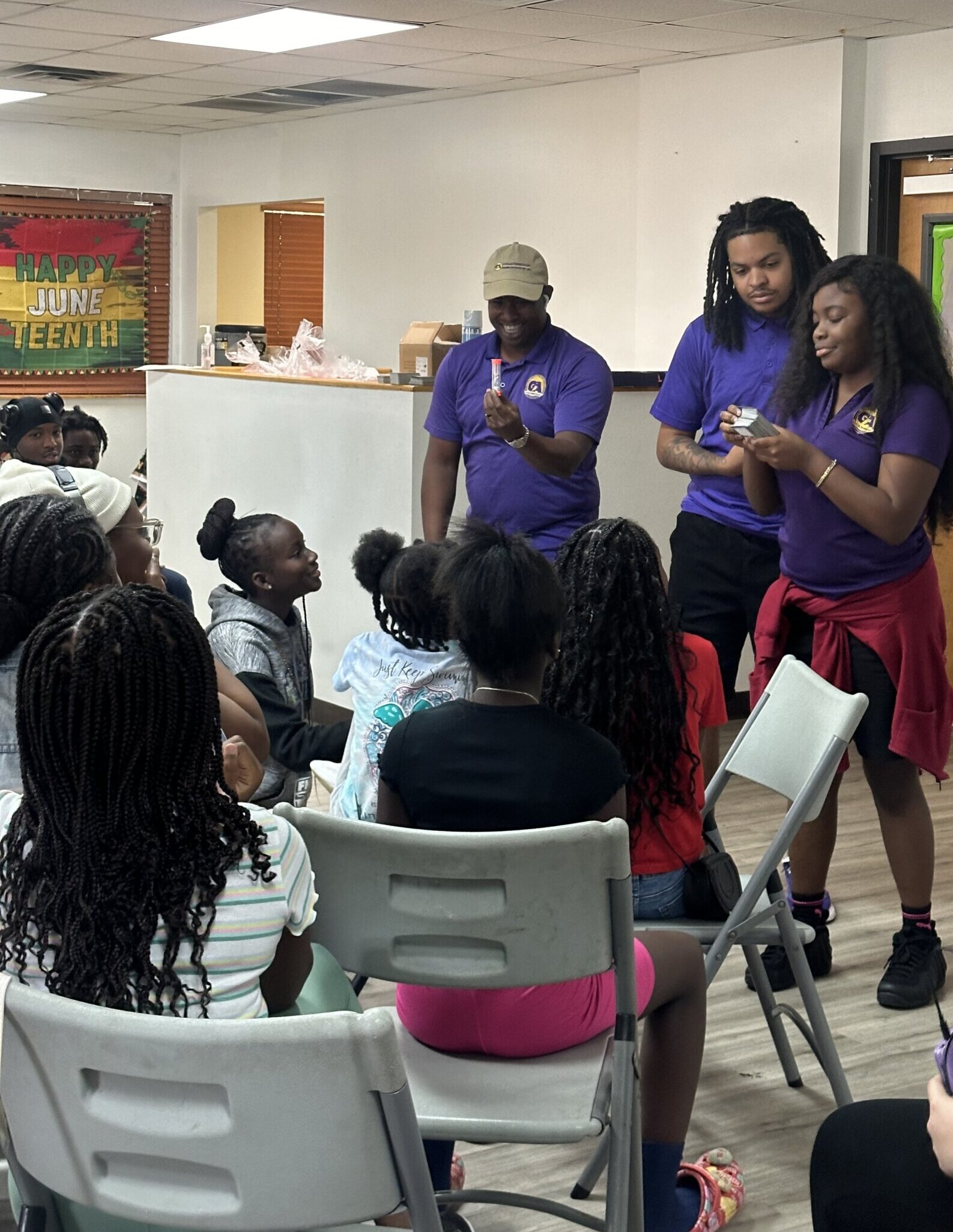Health, Abstinence, Pregnancy Prevention, Information
and Nurturing through Educational Support Services (HAPPINESS)
- Positive Youth Development
- Building Leaders of Character (BLOC)
- Building Resiliency through Anti-Violence Education (BRAVE)
- Guiding the Path to Success (GPS)
- Health, Abstinence, Pregnancy Prevention, Information and Nurturing through Educational Support Services (HAPPINESS)
- Kids Splash
- Molding Male Minds (M3)
- Project Frontliners
- Project SELFI
- Youth Excellence Program (YEP Broward)
- Youth Excellence Program (YEP DADE)
- Youth Splash
Health, Abstinence, Pregnancy Prevention, Information and Nurturing through Educational Support Services (HAPPINESS)
Middle & High School Youth
Miami Dade County
In-school and after-school program that teaches teens how to build healthy and successful relationships

Serving communities of Miami-Dade County, Project HAPPINESS aims to educate middle and high school students on practicing celibacy outside of marriage. The program focuses on reducing risky behaviors among Black, Latino-Caribbean, and Afro-Caribbean Americans aged 11-19. Project HAPPINESS promotes protective factors to encourage risk avoidance by providing evidence-based curricula and positive youth development services.
The project collaborates with Miami-Dade County Public Schools and community partners to deliver the Love Notes Sexual Risk Avoidance Adaptation (SRA) programs to 1,000 students in 15 CDC-designated HIV Priority High Schools. Additionally, up to 225 parents/caregivers will receive engagement activities to improve communication about sexual risks with their adolescents. The initiative also incorporates innovative strategies like career exploration virtual reality systems to engage 21st-century youth.
To improve communication about this topic, HAPPINESS also helps parents build lines of communication with their teens, as parents are the most positive influences in a child’s life.
This website is supported by Grant Number 90SR0210 from the Family and Youth Services Bureau within the Administration for Children and Families, a division of the U.S. Department of Health and Human Services. Neither the Administration for Children and Families nor any of its components operate, control, are responsible for, or necessarily endorse this website (including, without limitation, its content, technical infrastructure, and policies, and any services or tools provided). The opinions, findings, conclusions, and recommendations expressed are those of the author(s) and do not necessarily reflect the views of the Administration for Children and Families and the Family and Youth Services Bureau.

